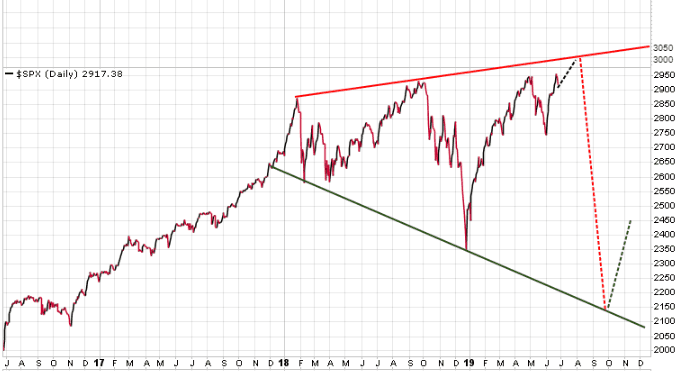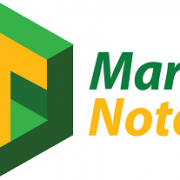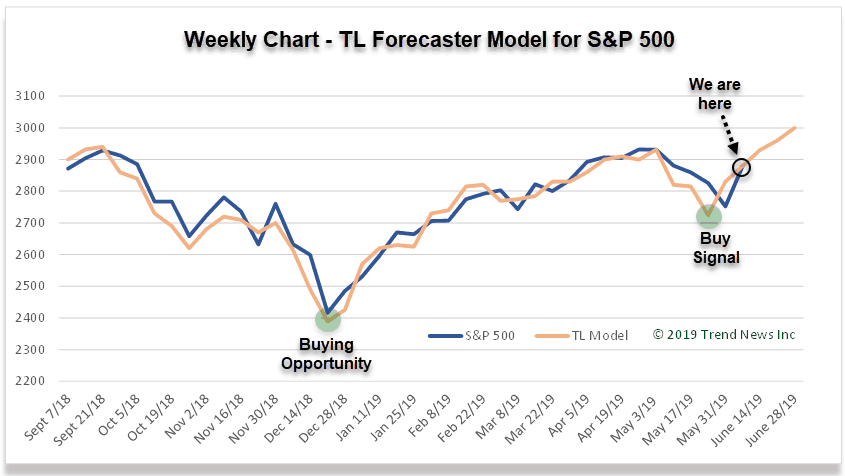
Everything is changing at an increasingly faster pace, however the banking and financial services sector lags behind, continuing to generate complaints about high fees, slow transaction speeds, and onerous security procedures. There are some companies in the sector who have launched Blockchain projects to address these complaints, but tangible results are not evident to the masses just yet. Crypto Currency (CC) was touted as being a remedy to some of these complaints, but CC has also failed to become a mainstream money management solution, as it comes with somewhat complex acquisition, redemption, and spending processes. CC also faces a myriad web of government controls, prohibitions, and regulations that change frequently.
Amazon and Google have launched payment products that begin to address the need for simplified payment transactions. Most of the emphasis so far is with on-line payments at on-line retailer web sites, and these systems require registration of accounts, banking links, and setting up a Google Wallet for the Google product. PayPal is also a major player in this market, and all have made significant inroads with on-line payments. Each system has its pros and cons and all are vying for consumer support to become the leader, however they all frequently need traditional bank links to fiat currency, and that requirement is often the bottleneck and Achilles heel in these systems.
So what if somebody introduces a financial systems service that starts out by getting retailers on-board very early, getting customers on-board very soon after, and introduces a new currency that is easy and fast to link up with fiat currency whenever, or if ever, needed. This approach is quite bold, and seems to have many bases covered, with the potential to become a mainstream hit. These are the central ideas with Facebook’s introduction of their LIBRA currency. Retailers and customers can choose to conduct business in the LIBRA sphere and avoid having to rely on traditional bank processing at all, once they have made the move to LIBRA. The project is being developed by Facebook under the name “CALIBRA” and it is being set up in Geneva, Switzerland. FINMA, the independent Swiss Financial Market Supervisory Authority is talking with Facebook to determine which laws would come into play for the system and the currency, and what Swiss approvals may be required to set up the project base in Switzerland.
The key to success in this market space is to have mass appeal and mass buy-in. The Asian market places are very large, and adoption in these huge markets will be a key ingredient in system success. Google Pay and Amazon Pay have already made significant inroads in these markets and are generating large recent growth numbers. We foresee that India will be a major retailer and customer market base for new financial management systems, and LIBRA will certainly be targeting these markets as soon as they can. LIBRA will need to bolster public trust in a company (Facebook) that has fumbled personal privacy issues recently and lost a lot of trust in their organization. Rigorous protection of personal and financial information will be paramount in gaining public acceptance and government approvals.
When it all comes into reality, traditional banks will have to sit up and take notice.
Trend Disruptors is monitoring these developments and will be recommending companies to invest in that will lead to success for well informed investors.
Stay tuned!










